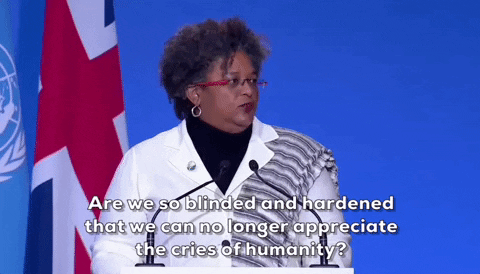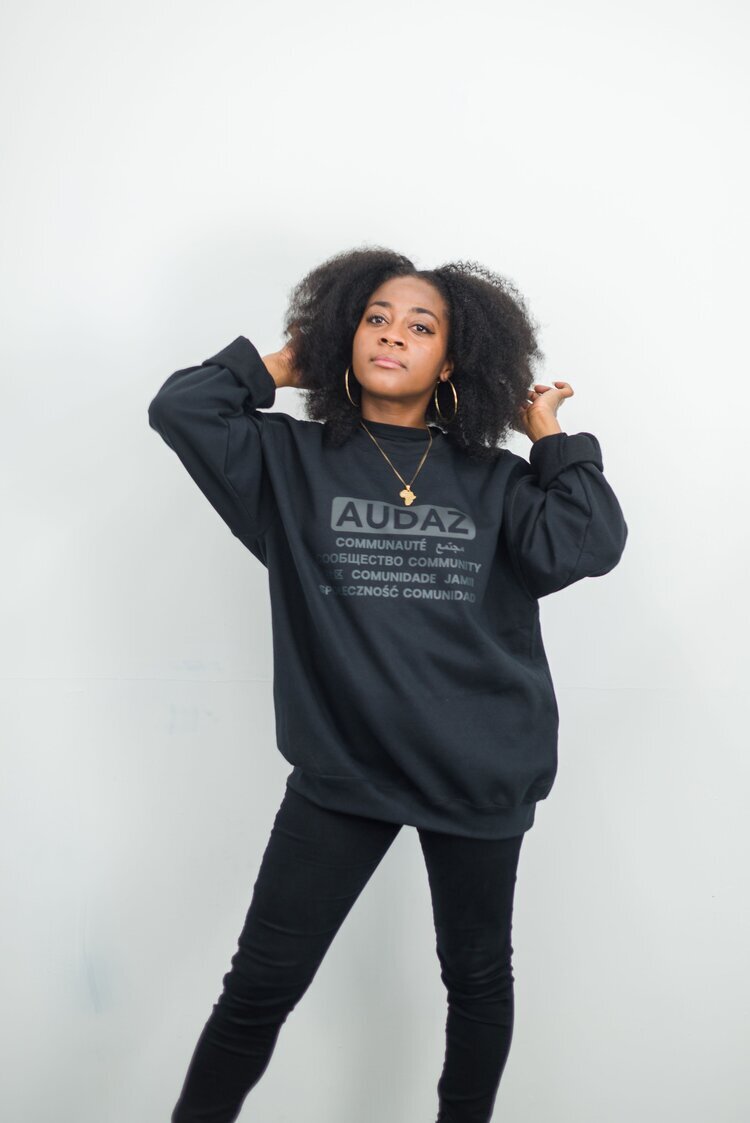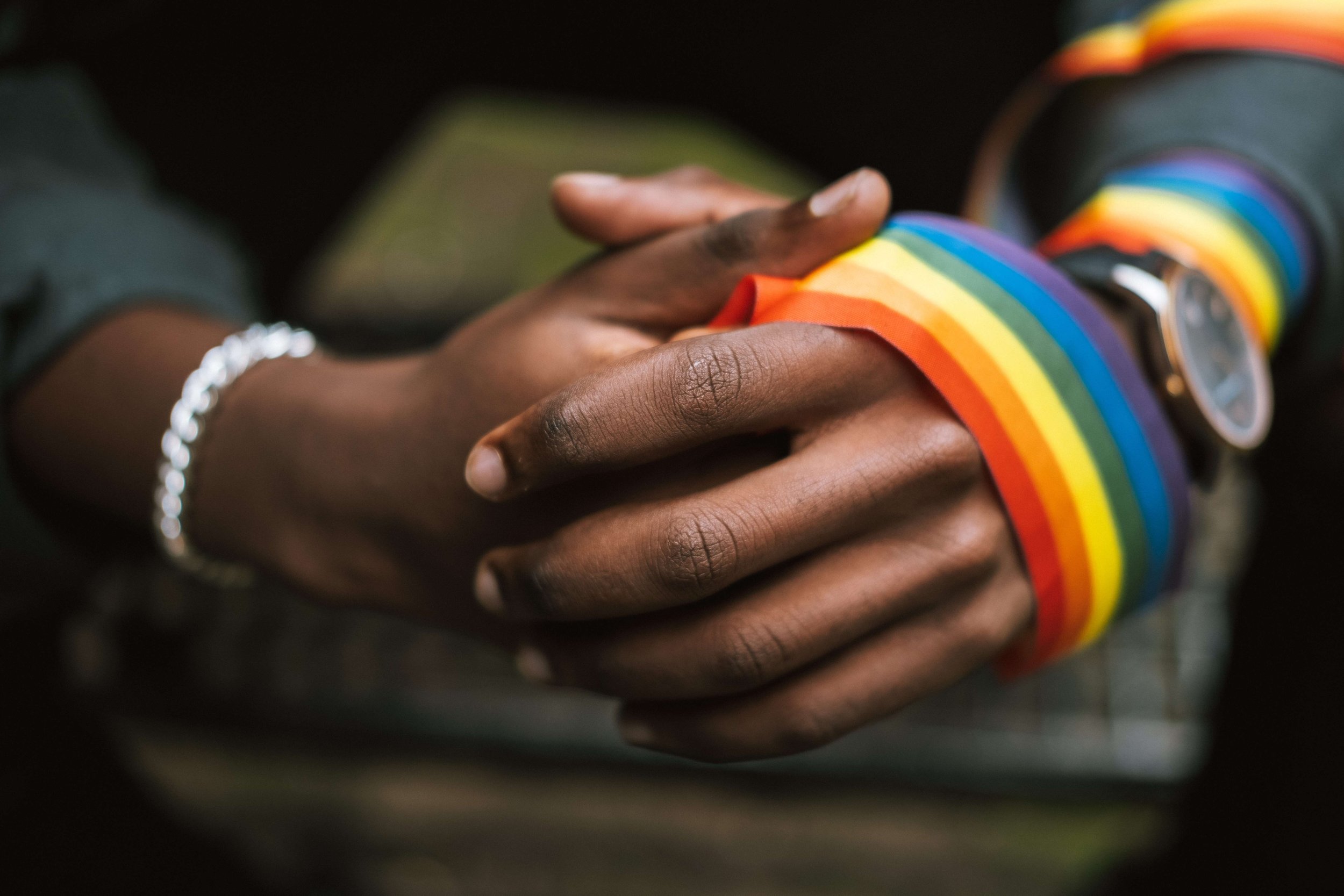Women changemakers in politics
In 1987, the National Women’s History Project (now known as the National Women’s History Alliance), a non-profit organization dedicated to honoring and preserving women’s history, successfully petitioned the United States Congress to officially proclaim March as “Women’s History Month.” This served as an expansion of International Women's Day, which was officially recognized by the United Nations in 1977, and first emerged from the labor movements in North America and Europe in 1910. The recognition and appreciation of women’s contributions to culture, politics, STEM and so many other facets of society have since become internationally recognized during the month of March.
As we are reminded on a regular basis, the suppression of Black history is still prevalent in today’s society. To combat this erasure, it falls upon us as individuals to shoulder the responsibility of educating ourselves and our communities. This series complements our Black History Month series, and serves as our initiative to delve into the stories of Black women changemakers who have left an indelible mark on our world. Join us as we pay tribute to their contributions which have paved the way for changemakers across the globe.
The category is…politics.
Mia Mottley is the Prime Minister of Barbados and a pivotal figure in global politics. She is known for her no-nonsense advocacy for meaningful climate change policies and for famously cutting Barbados’ ties with the British monarchy. Most recently, she is being touted as a strong candidate to be the next leader of the United Nations.
Image: giphy.com
Shirley Chisholm was an American politician who made history in 1968 as the first Black woman elected to the United States Congress. Known as a staunch advocate for women’s rights and Black civil rights, she represented New York's 12th congressional district from 1969 to 1983. She also became the first Black candidate for a major party nomination for President of the United States when she ran for the Democratic Party's presidential nomination in 1972.
Image: giphy.com
Ellen Johnson Sirleaf was the first elected female head of state in Africa who served as Liberia’s 24th president from 2006 to 2018. During her tenure she established a Truth and Reconciliation Committee to try and heal the ethnic tensions that fueled Liberia’s civil war that took place between 1989 and 2003. She also advocated for free compulsory education for all Liberians. Her efforts to emphasize the importance of including women in the peacekeeping process won her the Nobel Peace Prize in 2011.
Image: Nobel Prize Facebook page
Francia Márquez made history when she became Colombia’s first Black vice president in 2022. After years of social activism for climate justice and Afro-Colombian rights, the single mother who had never held elected office before, ran on a pledge to be a politician “for the people”. Since taking office, she has overseen the creation of the Ministry of Equality and Equity to create new opportunities for women, young people and marginalized Colombians. In 2023, her office also noted as one of their major achievements, efforts to empower women economically through the Women’s Entrepreneurship Fund (Fondo Mujer Emprende), which distributed $36.6 million to women business owners, enterprises, and rural associations.
Image: gariwo.net
SHOP THE CHANGEMAKER COLLECTION





































